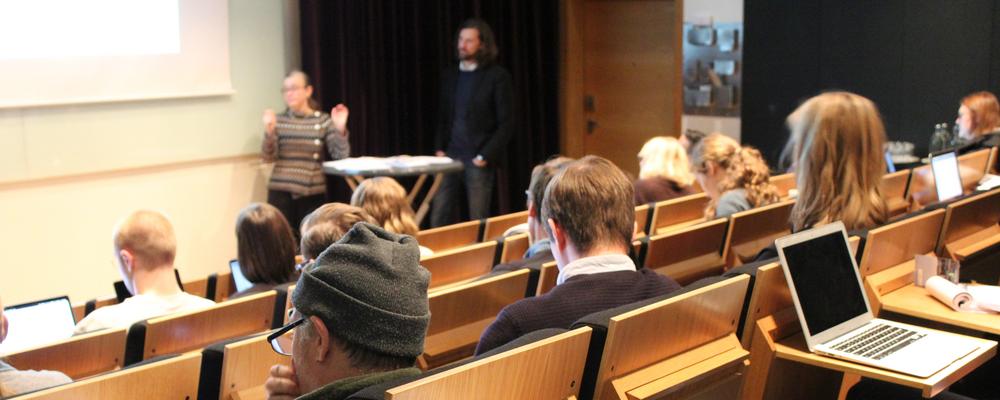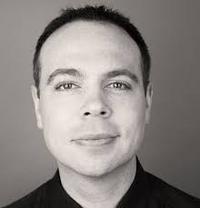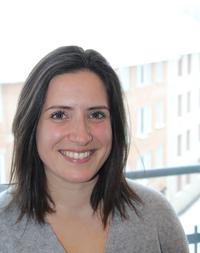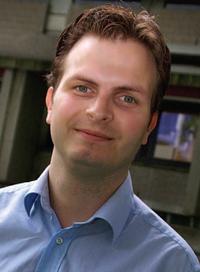Patricia Villarrubia Gomez was Visiting Scholar at the CeCAR Lunch Seminar on Monday 28 January, 2019.
What is your research and work about?
Previosly, at the Stockholm Resilience Centre, I had been working within marine plastic pollution and the planetary boundaries. I had also been involved in the Seafood Business for Ocean Stewardship (SeaBOS), which in this topic/issue is providing information on how marine plastic pollution affects the fishing, aquaculture and feeds industries. In the project “Vision for a Circular Textile Fiber Industry Operating Within Planetary Boundaries Project”, I had the opportunity to work in collaboration with the Ellen MacArthur Foundation, H&M and SRC. We explored the links between the circular economy within the textile industry and the planetary boundaries framework. My role was to lead a case study on synthetic fibers (with a focus on polyester), to understand their local and global environmental impacts along the value chain.
Now, I am working as a Plastic Pollution Expert at GRID-Arendal, a Norwegian centre collaborating with the United Nations Environmental Program, where I will have the opportunity to work with governments and organizations around the world to build capacity, and increase information and awareness on marine plastic pollution.
How will your research improve or have a wider impact on society?
I aim to explore possible ways to bring relevent information to the attention of policymakers, private industry, and civil society. I believe it is very important to really understand how the system works - from the production of plastic, to consumption behavior, to how plastic could impact fish and humans by plastic ingestion. If we are to create impactful and effective solutions, we should have holistic, collaborative and interdisciplinary approaches towards this topic, and work at raising awareness and bringing sound information to governments and international policymakers.
What do you enjoy most about your research?
The part I enjoy the most is its complexity. Researching plastic pollution is similar to doing a million piece puzzle. Also, collaboration means meeting and learning from many different people, with many different points of view and backgrounds, which is personally one of my favorite things. There are still many pieces missing (to be identified and understood) to know the magnitude of the effects of plastic pollution. This collaborative work will take many years, but it is already certain that we have enough evidence to see the urgency and need to act now.
What is the most challenging aspect of your research?
One of the most challenging aspects of working with marine plastic pollution, from a holistic point of view, is the complexity of the system. Understanding the drivers, sources, pathways, fates and effects of plastic pollution is complicated. The way I see it, we cannot just simply decouple marine plastic pollution from plastic pollution itself. Another challenge is the lack of funding dedicated to interdisciplinary work. Since plastic pollution is a very interconnected and transboundary problem, we all have a role to play, from natural science to social sciences, as well as from the private sector, policymakers, civil society actors and consumers.



